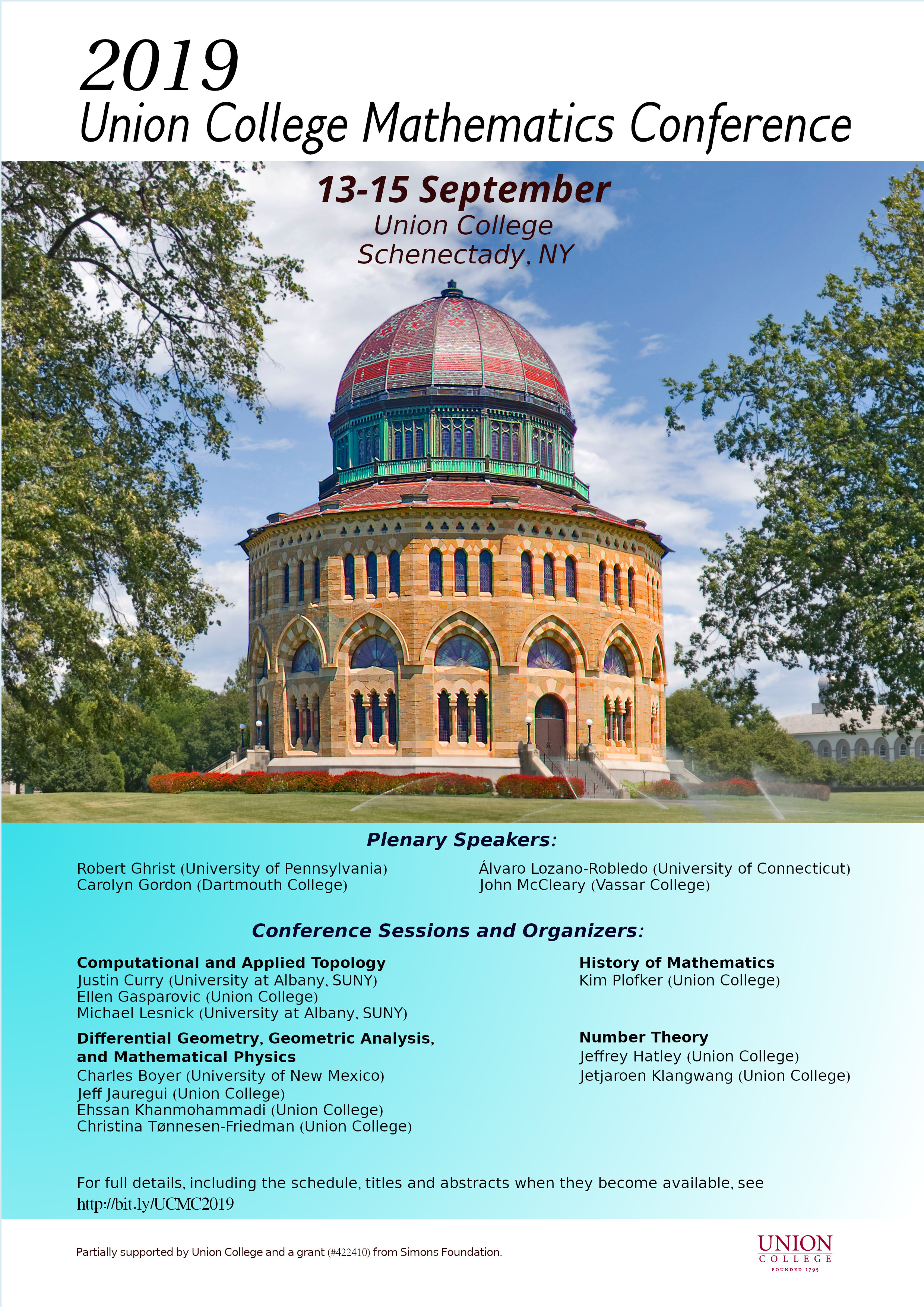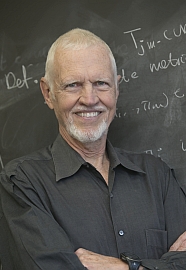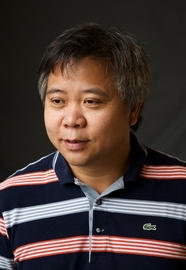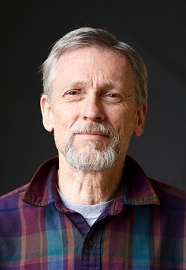Marlon Gomes
Ph.D. Candidate
About
I am a sixth-year graduate student, working as a Research Project Assistant in the Mathematics Department at Stony Brook University. I work on the fields of Complex Geometry and Riemannian Geometry. My advisor is Claude LeBrun. Next Fall I will join the Institute of Geometry and Physics, at the University of Science and Technology of China, in Hefei.
My Research
I work on a branch of Differential Geometry called Twistor Theory, which lies at the crossroads of Conformal Geometry (where angles are defined, but lengths are not), and Complex Geometry.
The relation between these two geometries dates back to the 18th century. Claims of the equivalence between the two were laid out by Riemann, Klein, Poincaré, and others, and simultaneuously led to momentous growth in Algebraic Geometry, Function Theory, Topology and Differential Geometry.
In higher dimensions, the relation is not so simple. At any point on an even-dimensional manifold, there is a plethora of linear complex structures compatible with a given conformal structure. On the other hand, globally defined complex structures are scarce (and may even be obstructed by topology), whereas global conformal structures are abundant.
Twistor Theory, pioneered by Penrose in the 1960s, makes use of the many pointwise complex structures on a 4-dimensional manifolds in an unexpected way: instead of trying to find a most suitable complex structure compatible with the conformal structure (as one can do in dimension 2), we study them all at once!
The gadget we use to parametrize linear complex structures is called twistor space. It has a tautological almost-complex structure of its own, which is a faithful complex structure when a suitable curvature condition, called anti-self-duality, is satisfied by the underlying oriented conformal manifold. By restricting our attention to anti-self-dual manifolds, we can once again bring the full power of Complex Analysis into Conformal Geometry.
Twistor theory bears its fruits in the fact that the twistor construction is reversible: there are certain conditions on a complex manifold which ensure it is a Twistor Space. Sufficient knowlegde about the complex structure of Twistor Space should allow one to reverse-engineer anti-self-dual 4-manifolds. The challege lies on the fact that complex structures arising from the Twistor construction are rather mysterious. For instance, in the compact case, they are almost never Kähler, so one expects them not to be amenable to the techniques of Classical Algebraic Geometry.
While we have many results asserting the existence of anti-self-dual structures, the ones we understand explicitly are few and far between. My work exploits examples of Twistor Spaces with just enough of an algebraic flavor, namely, those which possess canonical rational maps to the projective plane, to shed light on the anti-self-duality equations.
Recent Talks

Union College Mathematics Conference
Conics, twistors, and anti-self-dual metrics.
Schenectady, NY
September 14, 2019

CUNY Almost Complex Geometry Seminar
Anti-self-dual metrics, twistors, and plane conics.
New York, NY
November 22, 2019
Teaching and Outreach
I've been teaching at Stony Brook since the Fall of 2014. During this time, I have been a grader, taught recitations, and have been Instructor for Summer courses. Below is a summary of my current and upcoming teaching activities.
Summer I 2020
MAT 203: Calculus III with Applications
Mondays, Wednesdays and Thursdays, 9:30am to 12:35pm, via Zoom.
Summer II 2020
MAT 514: Analysis for Teachers II
Tuesdays and Thursdays, 1:30pm to 4:55pm, via Zoom.
My teaching carrer spans almost a decade, and includes a variety of teaching experiences, ranging from teaching 6th graders to graduate students.
At the College level, I had a short experience before coming to Stony Brook, as a Substitute Professor at Universidade da Integração Internacional da Lusofonia Afro-Brasileira (Redenção, Brazil) in 2012, as well as at my alma mater, Universidade Federal do Ceará (Fortaleza, Brazil), between 2013 and 2014.
I enjoy working with Middle and High School students. I worked as a coach for Middle School and High School Math olympiads (2011-2014) in various schools in my hometown (Fortaleza, Brazil). In 2012, I was involved in a project in the city of Varzea Alegre, Brazil, to bring Math olympiads education to underpriviledged students from adjacent rural areas. These projects led to many awards for my students, and my role in their success was recognized with the distinction of "Outstanding Educator" by the State's Math Olympiad organization.
More recently, I've been involved in the Math in Jeans (2017) and Summer Math Camp (2016 to 2019) programs, two initiatives of the Institute for STEM Education.
My References
Contact
Mathematics Department 3-101
Stony Brook University
100 Nicolls Road
Stony Brook, NY 11794
Zoom Personal Meeting
mgomes at math.stonybrook.edu
Tuesdays, 9:30am-10:30am, via Zoom (MAT 203).
Tuesdays, 11:00am-1:00pm, via Zoom (Math Learning Center).




